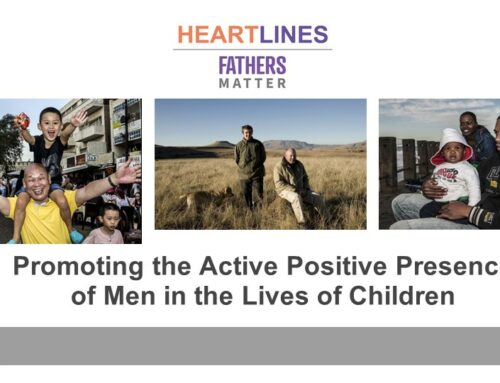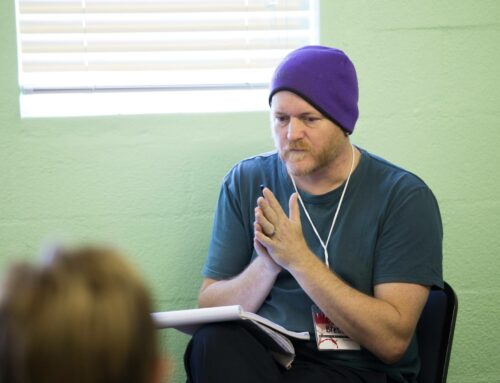My name is Linde Ndaba and I’m addicted. My addiction might not have me shacking relentlessly from withdrawal symptoms, as drug dependence often does or leave me broke and destitute, but it may arguably be just as problematic.
As a black person raised in a white suburb (Pinelands) in South Africa, my neighbourhood friends rarely made the effort to know my world. In fact I can count the occasions where they correctly pronounced my name (which by-the-way has no clicks), made an effort to speak my home language (Xhosa) or even volunteered to venture into the neighbouring township (Langa) where most of my relatives live.
In 2016 I still spend most of my day speaking English in a society that is critical of all that is African; my hair, nose and skin, the food that I eat, my tradition and its various practices. So, although I went to school with my fair-skinned friends, we share work spaces and even socialise at the same venues, I’m waiting with baited breathe, for acceptance. I anticipate that defining moment that says who I am, not what I am is significant – that a white person too values what I have experienced as much as I have grown to appreciate and actively participate in many aspects of western culture.
I demand a world shared with my white friends where the entirety of my life is the norm. I long for a social environment where I don’t reserve parts of my life’s experiences, only to reveal them when sanctioned by the pale faces around me or at that annual work or social event where we all visit Mzoli’s Place.
That’s why I’m addicted to congratulating and celebrating the occasion with a joyous applause every time my best friend says “Molo unjani”, ever since we met, 20 years ago. This is regardless of her failure to learn anymore than these two words because, for a moment, I feel humanised and accepted.
Every time I see a white person stand up for a black person’s right to dignity I get butterflies and that warm feeling in my gut erupts into compliments and praises. It’s that NatGeo photography rare image. For a few moments a person, just like me, is being treated as an equal – a human,
Effects of celebrating white acceptance
I know many black people like me (who may never admit it) who celebrate white students being part of choirs that sing songs in indigenous languages, regardless of their inability to speak the language to the nanny they see every day at home. We give recognition to white voices speaking out against racism and turn these individuals into popular personalities when the acceptance of black lives and culture should be the norm. This somewhat insignificant action perpetuates the following:
1. The dehumanisation of black lives – If white people perceived as anti-racism supporters are given popular status and the same recognition as those contributing to charitable causes we elevate being racist to being the norm. Essentially, we reserve acting against such prejudicial behaviour and views as a plight taken by the selfless as opposed to it being an expectation.
2. Minimising racism to only actions and not views –Congratulating white friends for taking part in activities that embody anti-racism enables them to create a personal checklist that subjectively absolves them from the possibility of harbouring prejudicial/racist ideas. If a white person gives to black people, adopts a black child or does anything to support the black community, the participant and the society around them immediately assumes that the individual harbours no racist ideas.
In “The New SA” black people are allowed to live wherever they want, have “access” to the same education as white citizens, but South Africa is still a society battling with racism. Both actions and perceptions need to be challenged.
3. Whitesplaining is normalised – In a society where white voices constantly get air-time and gain greater attention and authority, to have individuals from this group as representatives of black voices against racism is a stark contradiction and only works to further silence black people and their lived experiences.
I’m new to this anti-racism movement and think I’ve come to the party pretty late. However, I’ve realised that I often feed the fire while desperately trying to extinguish it. I’ve accepted that I have become part of the problem in my pursuit of reconciliation and the evasive rainbow nation. I haven’t kicked the habit, but I’m in recovery.
= = = = = = = = = = = = =
Thank you Linde for such powerful and honest words. Definitely given me a lot to think about and hopefully these words will really be heard, and acted upon…
You can follow Linde on the Twitterer – @linde26
[Probably a good companion piece to this is the I’m Not Brave post i wrote, click here]







[…] [To read the Guest Post from Linde titled ‘For Blacks Only’, click here] […]
[…] [To read the Guest Post from Linde titled ‘For Blacks Only’, click here] […]